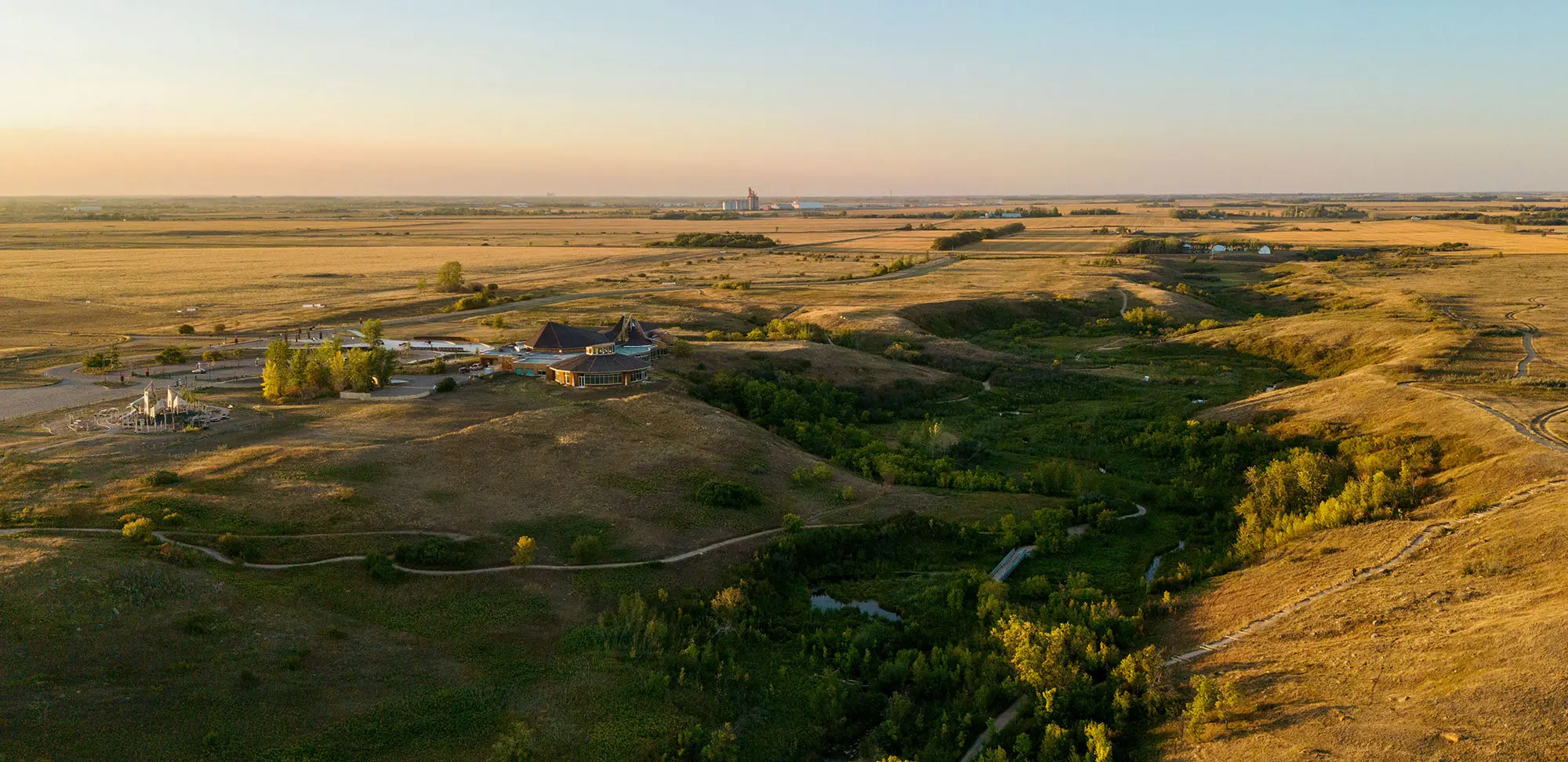RTOERO advocates for legislation, innovation and programs that enable older Canadians to age with dignity and on their terms.
“On their own terms” means planning ahead and taking control of not just how, but also where we want to live as our needs change, before they do.
All levels of government have been laser-focused on the challenges of current long-term care, and rightfully so. But Statistics Canada (July 2018) estimates that only eight per cent of people age 65 or older live in long-term care residences; 92 per cent live at home and plan to stay there as long as possible.
So it’s clear we need to explore other supportive-housing options that will allow older Canadians to age with independence, build and maintain social networks, and have the opportunity to actively engage in making decisions that affect them and their communities.
Aging in place
Aging at home calls for making the changes you will need before you need them. Maybe that means moving to a single-level home – a bungalow, perhaps, or a condo. Does your home accommodate a wheelchair or walker? If not, can you renovate? How close are you to essential services, family and friends? A home safety audit will point out changes that will help prevent falls and other mishaps.
Senior-friendly communities
Senior-friendly services benefit everyone. Working alone or with others, neighbourhood audits identify opportunities such as:
- Safer traffic light systems
- Better street lighting
- Wider sidewalks for walking devices
- Ramps to public places
- Benches in strategic areas and parks
- Community centres with a range of activities to engage older people
Senior living communities
Traditional senior communities offer private living units with the option of accessing communal services. Innovations on this basic model may involve ownership or some form of equity. They may be cooperatives financed by non-profit organizations. Or they could be established by corporate, government or private interests.
Some newer examples of senior living models include:
Life lease housing: Usually sponsored by not-for-profit organizations; residents buy interests in the complex and pay taxes and maintenance on their units. Residents enjoy the community environment and advantages of shared services.
Lifestyle communities: Multi-residential models create community around lifestyle interests. Residents tend to own their houses or units. This may include “niche” senior communities who have common values, identities or shared goals.
Co-housing: Seniors organize dwellings of any type or size to provide private and shared areas. The residents control and manage the projects.
Home-sharing: Remember Golden Girls and riff on the possibilities of home-sharing!
Long-term care
RTOERO tracks policies governing long-term care (LTC), advocates for residents’ rights and facility improvements, and encourages members to do the same. Should LTC become the best and most supportive option, the more we know the more capably we’ll navigate LTC systems and shape their future. Touring facilities and understanding policy and wait lists helps us evaluate residences and talk to elected officials about improvements. To learn more about senior living programs and options by region: https://www.canada.ca/en/financial-consumer-agency/services/retirement-planning/cost-seniors-housing.html
Health, finances, transportation, safety and other considerations can derail the dream of aging at home. You can advocate to ensure that all older Canadians can live their dream. Learn about RTOERO’s advocacy programs and tips for advocating as individuals or groups: https://rtoero.ca/vibrant-voices/








